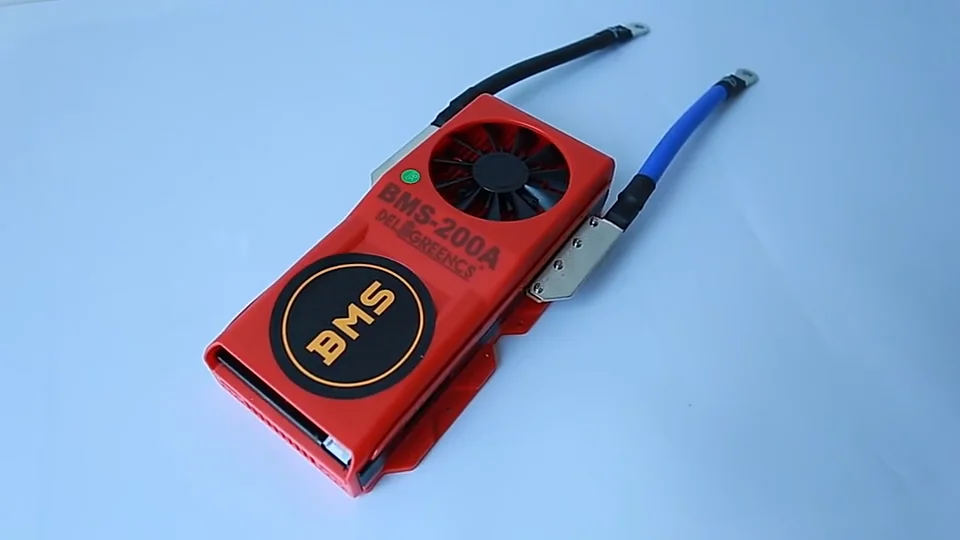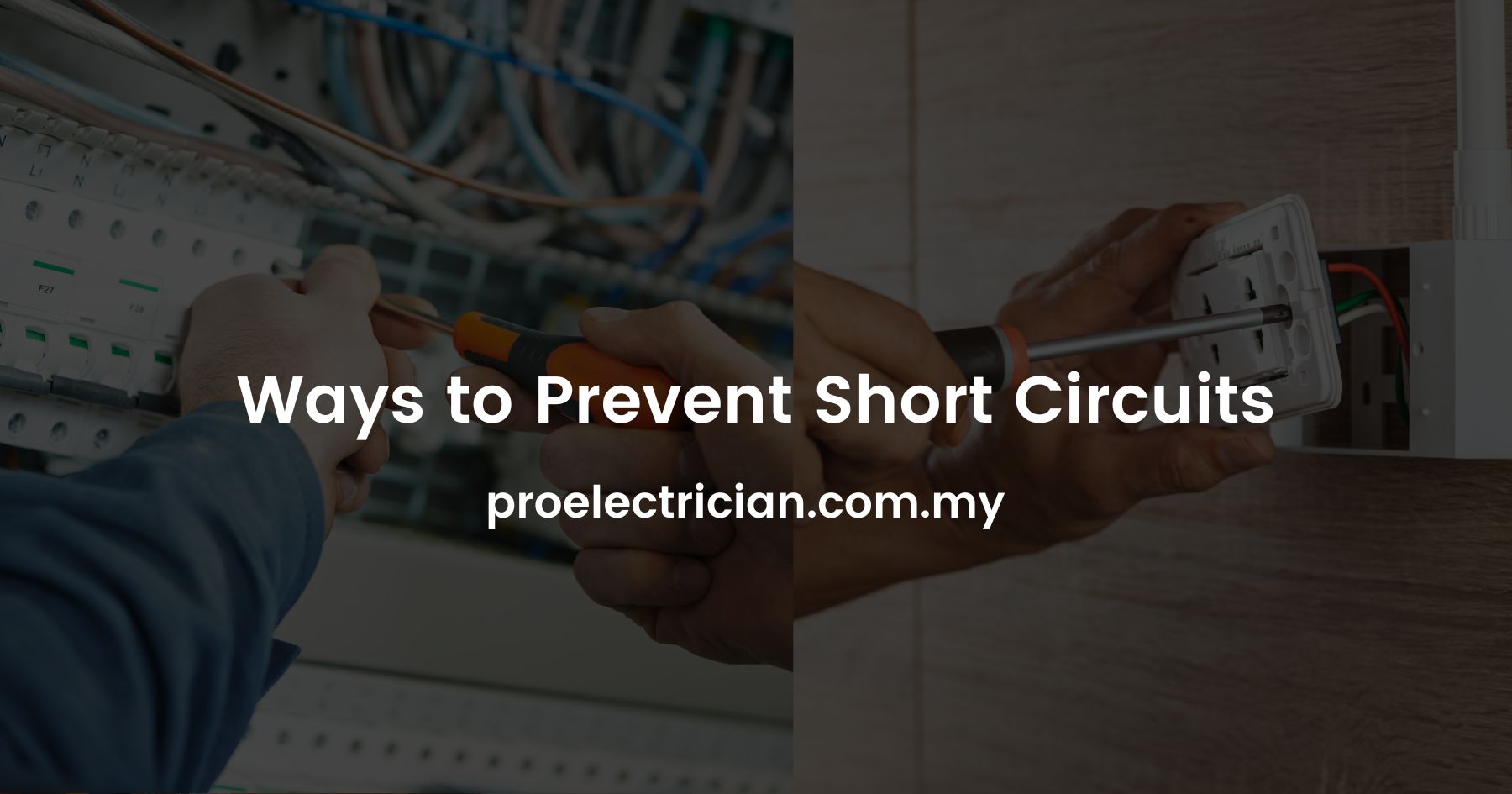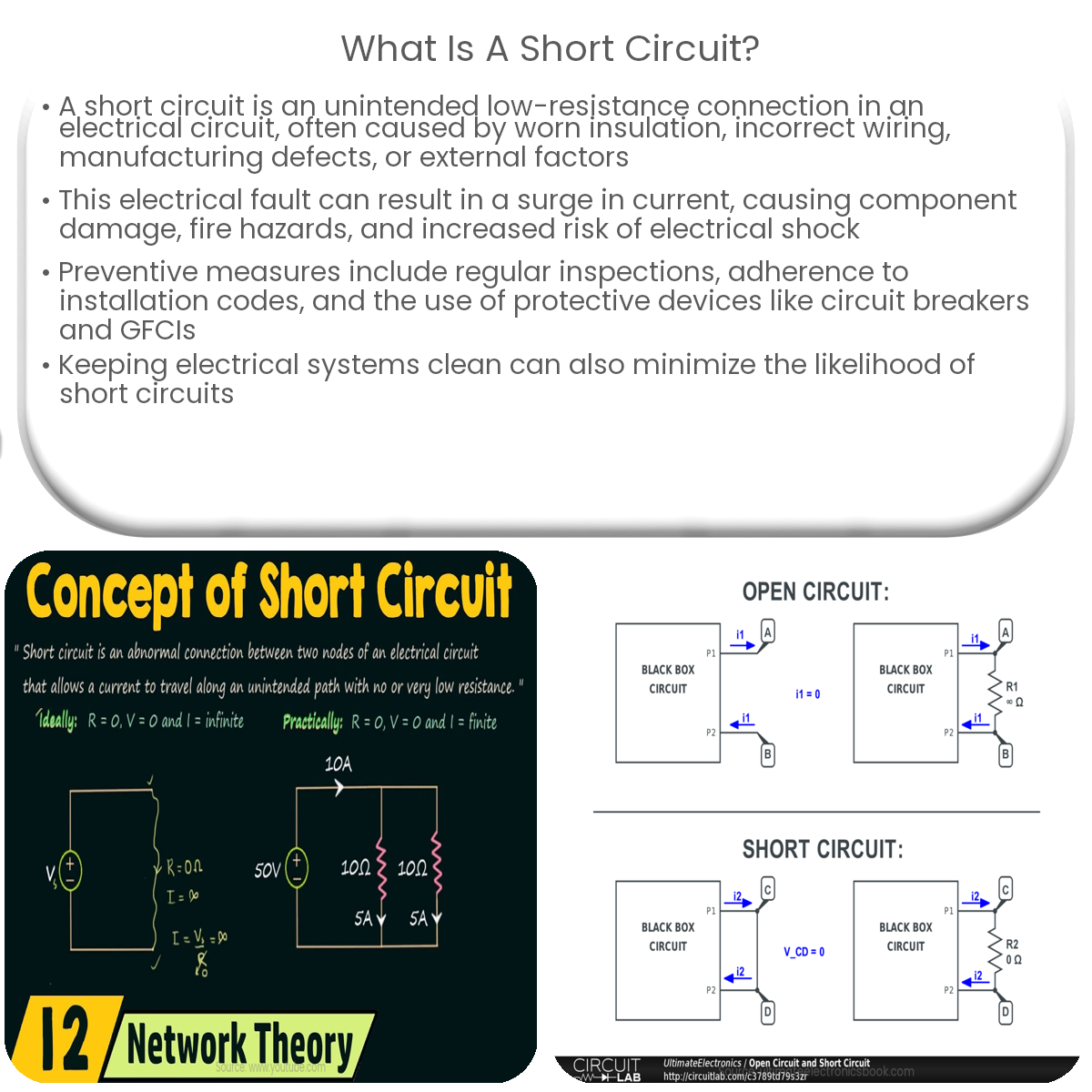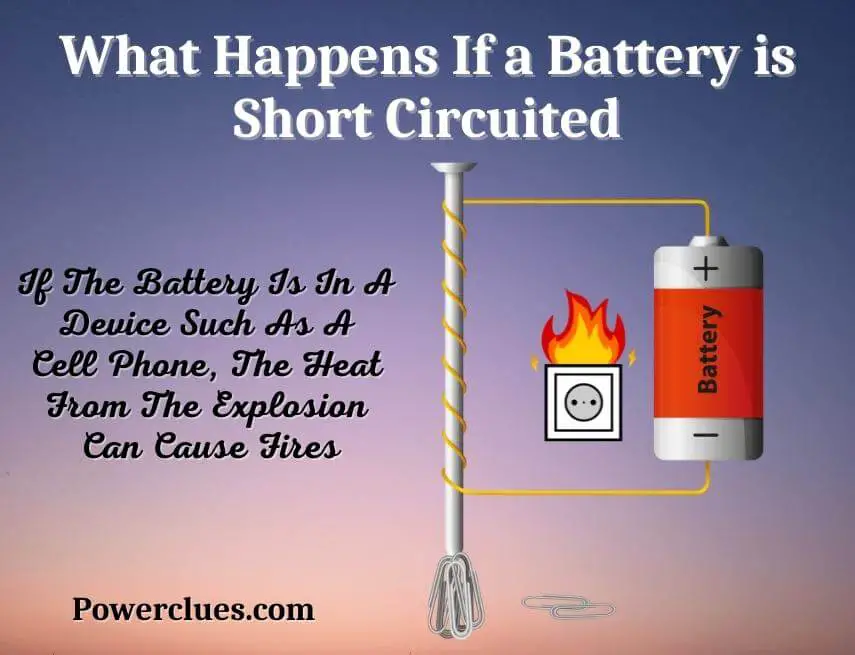Lessons I Learned From Tips About How Do You Stop A Short Circuit

Understanding and Preventing Short Circuits
1. What Exactly Is a Short Circuit?
Alright, let's talk short circuits. Not the adorable robot from the 80s, but the electrical kind that can cause a bit of a headache (or worse!). Simply put, a short circuit is an unintended path for electricity to flow, bypassing the normal circuit and taking a shortcut hence the name. Think of it like this: Imagine you're trying to get from point A to point B on a well-paved road, but suddenly there's a dirt path right beside it. Some of the traffic will inevitably divert onto the shortcut. In an electrical circuit, this "dirt path" has much lower resistance, leading to a surge of current.
This surge is the troublemaker. Because so much current is flowing where it shouldn't be, things can overheat really quickly. Wires can melt, insulation can burn, and in the worst-case scenario, you might even start a fire. It's a bit like trying to force a firehose of water through a garden hose — not a pretty picture. That's why understanding how to spot and, more importantly, prevent short circuits is super important for safety and avoiding costly repairs.
The reason a short circuit is so dangerous stems from the sudden, uncontrolled rush of electricity. Normal circuits are designed with specific resistance to control the flow, ensuring components get the right amount of power. A short circuit throws all that carefully calibrated balance out the window. It's essentially the electrical equivalent of a toddler running wild in a china shop — chaos is bound to ensue.
So, now that we know the potential hazards, let's get into the meat of the matter: how to prevent these electrical gremlins from wreaking havoc in your home or workspace. Trust me, a little prevention goes a long way in keeping your electrical system safe and sound.

Identifying Potential Short Circuit Hazards
2. Spotting the Warning Signs Before They Spark
Before you can stop a short circuit, you need to know where to look! Some clues are pretty obvious, like frayed wires or scorched outlets. Think of it as playing detective with your electrical system. Are there any unusual smells? Any flickering lights? Any outlets that feel warm to the touch? These are all potential red flags that something might be amiss.
Another thing to watch out for is overloaded circuits. Plugging too many devices into a single outlet or circuit can strain the system and increase the risk of a short circuit. It's like trying to cram too much luggage into an already overflowing suitcase — something's bound to burst. Consider using power strips with surge protection, but don't daisy-chain them together (plugging one power strip into another), as that can also lead to overload. And if you're constantly tripping breakers, that's a pretty clear sign that you're pushing your circuits too hard.
Pay close attention to older wiring. Homes with outdated electrical systems are more prone to short circuits simply because the insulation on the wires can deteriorate over time. This exposes the conductors, making it easier for them to come into contact and create a short. If you live in an older home, it might be worth having an electrician inspect your wiring to ensure it's up to code and safe.
Also, water and electricity are a famously bad mix. Keep electrical appliances away from sinks, tubs, and other sources of water. Even a small amount of moisture can create a conductive path and lead to a short circuit, not to mention the risk of electric shock. It's like trying to mix oil and water — it's just not going to work out well.

PCB Short Circuit Prevention Strategies, Detection, And Solutions
The Golden Rule
3. Safety First
Let's say you suspect a short circuit. Maybe you smell burning plastic, or an appliance is acting wonky. The very first thing you should do is turn off the power. Seriously, I can't stress this enough. Head to your breaker box (that gray panel usually located in your basement, garage, or utility room) and flip the breaker switch corresponding to the affected circuit to the "off" position. This cuts off the flow of electricity and prevents further damage or injury.
If you're unsure which breaker controls which circuit, don't guess! Most breaker boxes have a labeling system, but if yours is unclear or outdated, you can use a circuit tester to identify the correct breaker. Simply plug the tester into an outlet and then flip breakers one by one until the tester goes dark. That's your breaker! And if you're at all uncomfortable working with electrical panels, call a qualified electrician. It's always better to be safe than sorry.
Think of the breaker box as the central command center for your electrical system. Each breaker acts like a gatekeeper, controlling the flow of electricity to a specific area of your home. When a short circuit occurs, the sudden surge of current trips the breaker, effectively shutting down the circuit to prevent further damage. It's like a built-in safety mechanism designed to protect your home and your family.
Turning off the power is not just a suggestion; it's a requirement. It's the single most important step you can take to prevent electrical accidents. Before you touch anything, before you investigate anything, before you even think about tinkering with wires, make sure the power is off. Your safety depends on it.

DIY Troubleshooting (Proceed with Caution!)
4. When to DIY and When to Call a Pro
Okay, so you've turned off the power. Good! Now, if you're comfortable and have some basic electrical knowledge, you might be able to do some simple troubleshooting. Start by inspecting the affected outlet, appliance, or wiring. Look for any signs of damage, such as frayed wires, loose connections, or melted plastic. If you find something obvious, like a wire that's come loose, you might be able to fix it yourself (after ensuring the power is off, of course!).
However, and this is a big however, if you're not comfortable working with electricity, or if you can't identify the cause of the short circuit, it's time to call a professional. Electrical work can be dangerous, and it's not worth risking your safety or causing further damage to your home. Think of it like performing surgery on yourself — probably not the best idea unless you're a trained surgeon. A qualified electrician has the knowledge, skills, and tools to diagnose and repair electrical problems safely and effectively.
Even if you think you've fixed the problem yourself, it's a good idea to have an electrician inspect your work to ensure it's done correctly and safely. A second pair of eyes can catch potential problems that you might have missed. It's like getting a second opinion from a doctor — it can give you peace of mind knowing that everything is in order.
Remember, some electrical issues are best left to the professionals. Complex wiring problems, issues with your breaker box, or anything that involves working with live wires should be handled by a qualified electrician. Your safety is paramount, so don't hesitate to call for help when needed.

What Is A Short Circuit? Electricity
Preventative Measures for Long-Term Safety
5. Keeping Short Circuits at Bay
The best way to deal with a short circuit is to prevent it from happening in the first place! Regular maintenance of your electrical system can go a long way in keeping things safe and sound. This includes things like inspecting your outlets and wiring for damage, replacing worn or frayed cords, and avoiding overloading circuits. Think of it like taking your car in for regular tune-ups — it helps prevent bigger problems down the road.
Consider installing arc-fault circuit interrupters (AFCIs) in your breaker box. AFCIs are designed to detect arc faults, which are a common cause of electrical fires. They work by monitoring the electrical current and tripping the breaker when they detect an abnormal arc. It's like having a fire alarm for your electrical system — it can alert you to potential problems before they escalate into a full-blown fire.
Also, be mindful of the appliances you use and how you use them. Don't use appliances with damaged cords, and don't leave appliances running unattended for extended periods of time. If you're going to be away from home for a long time, unplug appliances to conserve energy and reduce the risk of electrical problems. It's like turning off the water when you brush your teeth — it's a simple habit that can make a big difference.
Finally, educate yourself and your family about electrical safety. Teach children about the dangers of electricity and how to avoid electrical hazards. Make sure everyone knows where the breaker box is located and how to turn off the power in an emergency. It's like teaching your kids how to swim — it's a life-saving skill that can protect them from harm.

Aa Battery Short Circuit Current At Yvonne Hosford Blog
FAQ
6. Your Burning Questions Answered
Still have some questions about short circuits? Here are a few common FAQs to help clear things up:
7. What does it mean when a breaker keeps tripping?
A breaker that keeps tripping is usually a sign of an overloaded circuit or a short circuit. Try unplugging some appliances on that circuit to see if that resolves the issue. If the breaker continues to trip, it's best to call an electrician to investigate.
8. Can a short circuit damage my appliances?
Yes, a short circuit can definitely damage your appliances. The sudden surge of current can overwhelm the sensitive components inside the appliance, causing them to burn out or malfunction. That's why it's important to address short circuits promptly to prevent further damage.
9. Is it safe to reset a tripped breaker immediately?
Not necessarily. If a breaker trips, it's important to investigate the cause before resetting it. If you reset the breaker without addressing the underlying issue, it could trip again, or worse, cause a fire. Make sure to unplug appliances and inspect the circuit before resetting the breaker. If the breaker trips repeatedly, call an electrician.
10. What are the benefits of having an electrician check my homes wiring?
Having an electrician inspect your home's wiring offers several benefits. They can identify potential hazards, ensure your wiring is up to code, and make recommendations for improvements. Regular inspections can help prevent electrical fires and other safety issues, providing peace of mind for you and your family.